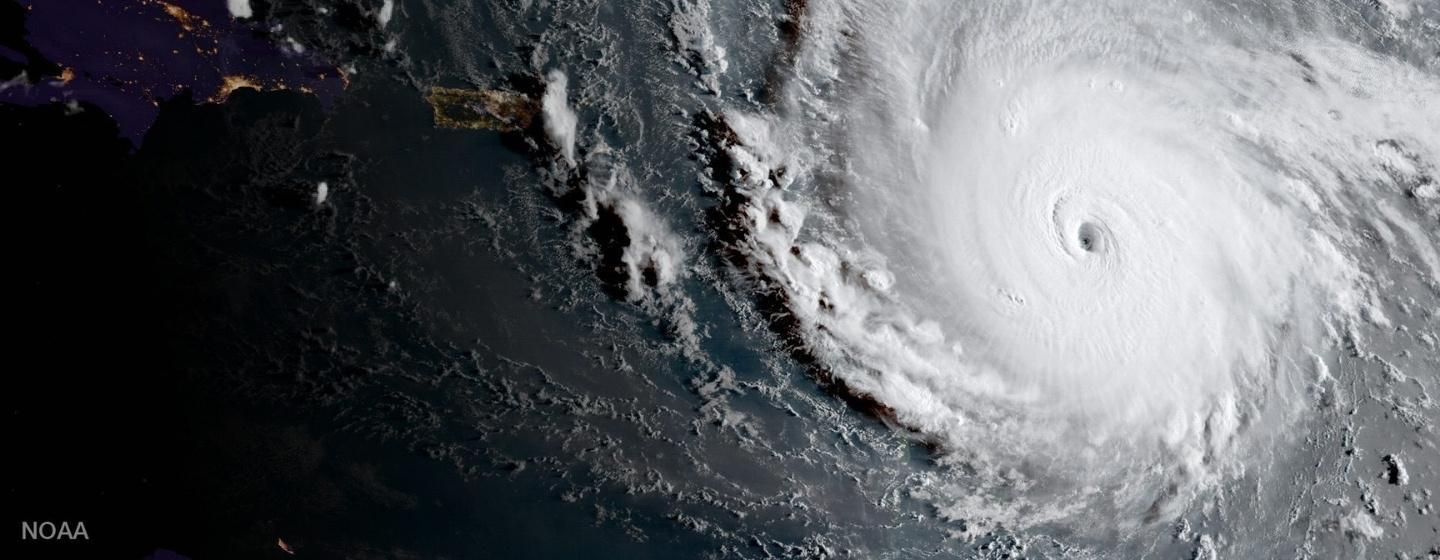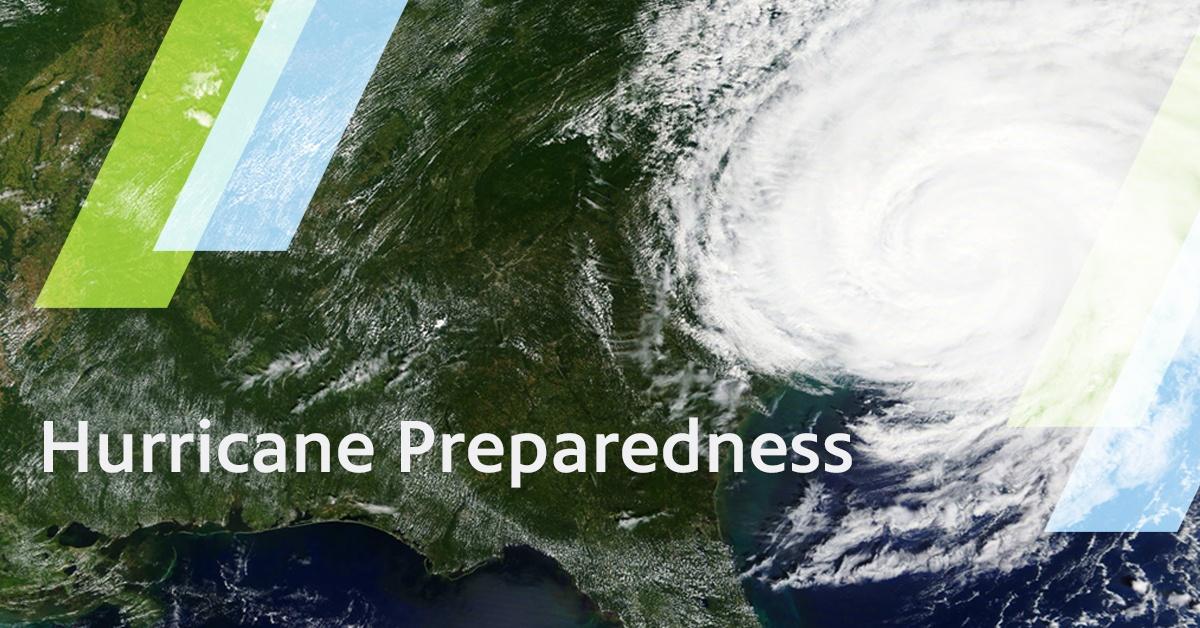Warming Oceans Made Every Atlantic Hurricane in 2024 Stronger


As we look back on the hurricane season that ended on November 30 and prepare for the new season on June 1, a new study finds that climate change has turbocharged Atlantic hurricanes and tropical storms of the past few seasons, making them on average one category stronger than they would have been.
And it’s likely that dangerous and deadly pattern will continue.
A total of 11 storms churned over warming waters during the 2024 Atlantic hurricane season. That includes Hurricane Helene, which devastated western North Carolina when it arrived as a tropical storm. It killed more than 100 people and caused an estimated $53 billion in damages in the Tar Heel State.
The study by Climate Central, a nonpartisan, nonprofit independent group of scientists that researches and reports on climate change, found that the wind speeds of those storms were increased 9–28 mph by water that was as much as 2.5°F warmer because of our changing climate. Hurricane Helene’s peak wind speeds were made about 16 mph more intense because of warmer oceans.
“Every hurricane in 2024 was stronger than it would have been 100 years ago,” Daniel Gilford, Ph.D., a climate scientist and lead author of the study, said in a video following the report’s release. “Through record-breaking ocean warming, human carbon pollution is worsening hurricane catastrophes in our communities.”
The study was done using what is known as attribution science. It’s a relatively new field of meteorology and climate science that tries to measure how ongoing climate change directly affects extreme weather events. It figures out the likelihood or severity of an extreme weather event happening today with how it would have unfolded in a world that humans hadn’t warmed. In other words, it investigates what today’s storms would look like if climate change wasn’t happening.
The analysis of the 2024 season was built off the framework of another report looking at storms between 2019 and 2023. The study looked at 38 storms and found that on average, the intensities were roughly one category higher on the Saffir-Simpson Hurricane Wind Scale compared to their expected strength in a climate without warming. The winds were more intense because of the ocean’s warmer surface temperatures.
Water temperatures in the Atlantic Ocean, including the Caribbean Sea, were at or near record-breaking levels during hurricane season. Hurricanes feed off that heat, causing them to strengthen and rapidly intensify.
Researchers found that all the 2024 hurricanes rapidly intensified (meaning wind speeds increased at least 35 mph in 24 hours) due to the ocean heat. Category 5 Hurricane Milton’s winds intensified by 95 mph in just 24 hours in the Gulf of Mexico, according to the National Hurricane Center.
Climate Central researchers also found that human-caused climate change made the exceptionally warm ocean temperatures that fueled Milton’s explosion at least 100 times more likely. They also found that Milton wouldn’t have reached Category 5 without global warming.
It’s important to note that the findings in both studies don’t indicate an increase in the number of storms during hurricane season. Researchers, however, say the storms that do form have the potential for faster wind speeds and may increase in strength in a short period of time. That would make the impacts of storms that make landfall much more severe.
Climate experts also say that as global temperatures continue to rise, the likelihood for more powerful and destructive hurricanes like the ones that formed in the Atlantic in 2024 increases.

Learn more about how to plan and prepare for severe weather in North Carolina during Hurricane Preparedness Week, May 4–10. Explore resources from PBS North Carolina and the Department of Public Safety below, including live news briefings when severe weather strikes, information to make a household plan, tools for kids, and science reporting from Sci NC and other PBS programs.